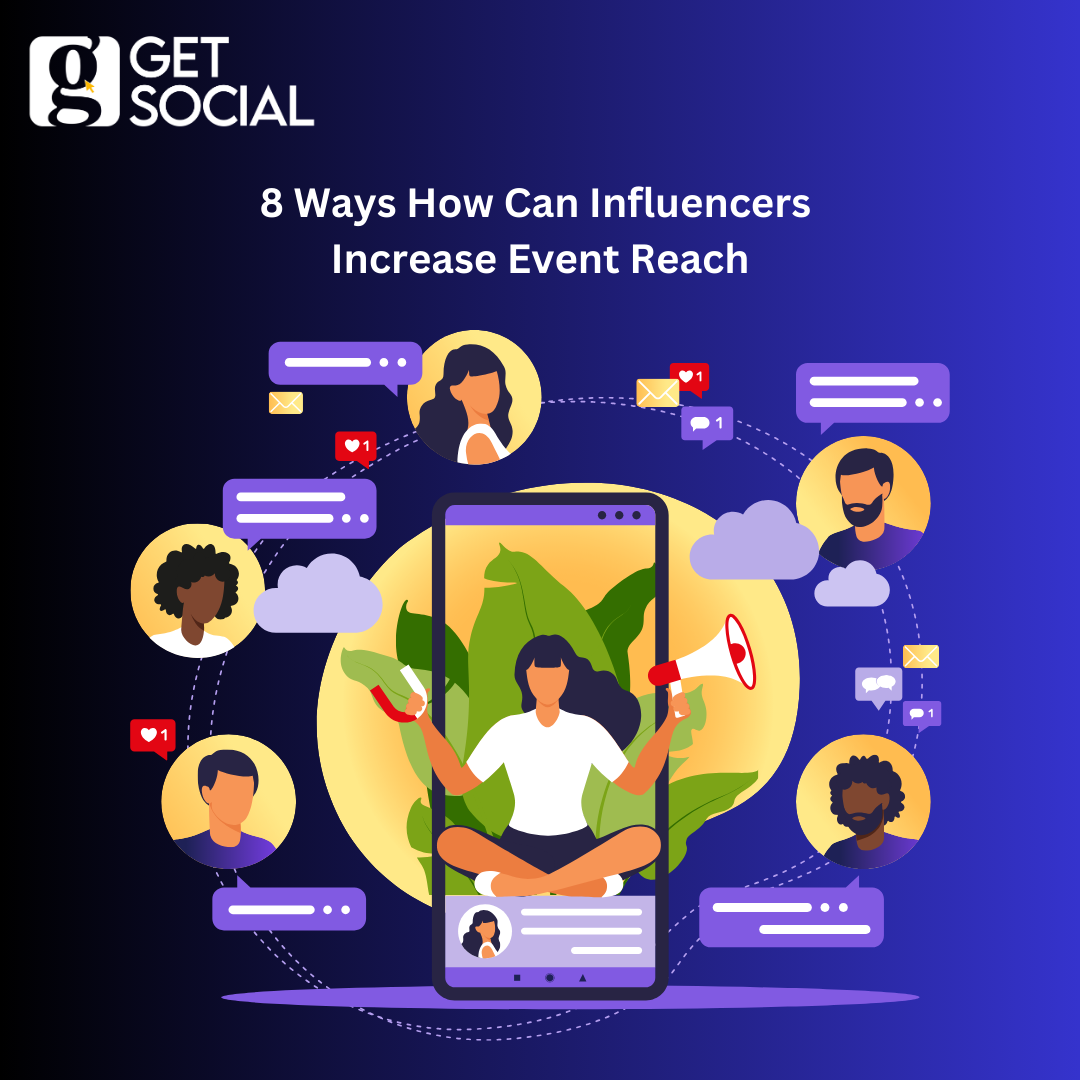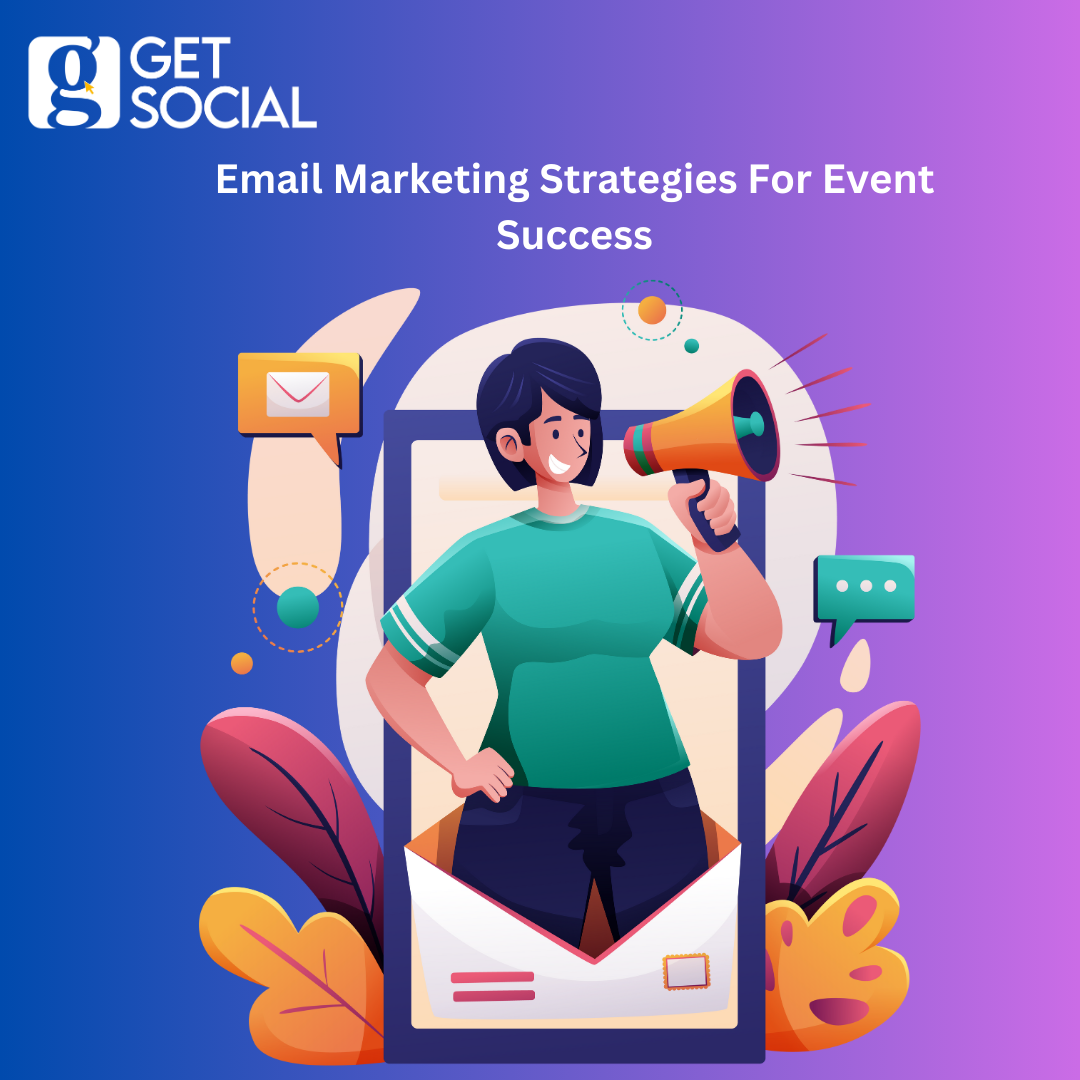In the ever-evolving landscape of digital marketing, Search Engine Optimization (SEO) stands out as a cornerstone for achieving sustained organic grow ...
What Is Event Marketing
Event marketing is a dynamic strategy that involves creating, promoting, and hosting an event to connect with a target audience and achieve specific b ...
The Benefits Of A Professional Web Developer For An Agency
The benefits of hiring a professional web developer for an agency are extensive and pivotal to the success and functionality of a business's online pr ...
What Are The Basics Of Web Designing
Web designing encompasses a multifaceted set of principles and skills aimed at creating visually appealing and functional websites. At its core, succe ...
8 Ways How Can Influencers Increase Event Reach
Influencer marketing is a modern marketing strategy that involves collaborating with individuals referred to as influencers having a substantial and e ...
How Web Development is Beneficial to Your Business
Web development is an integral component of modern business strategies, playing a vital role in establishing a strong online presence and achieving va ...
8 Content Marketing Tactics for Instagram
Instagram is a popular social media platform that focuses primarily on visual content sharing. It allows users to post photos and videos, apply variou ...
Strategic Event Planning For Maximum Impact
Strategic event planning is a multifaceted process that aims to create impactful and memorable experiences for participants. Whether organizing a corp ...
Data-Driven Event Marketing: Measuring Success And ROI
Data-Driven Event marketing is a transformative approach in the world of event planning and promotion. It marks a paradigm shift, where the power ...
Email Marketing Strategies For Event Success
Email marketing is a digital marketing strategy that involves using email to communicate with a target audience, share valuable content, promote produ ...










